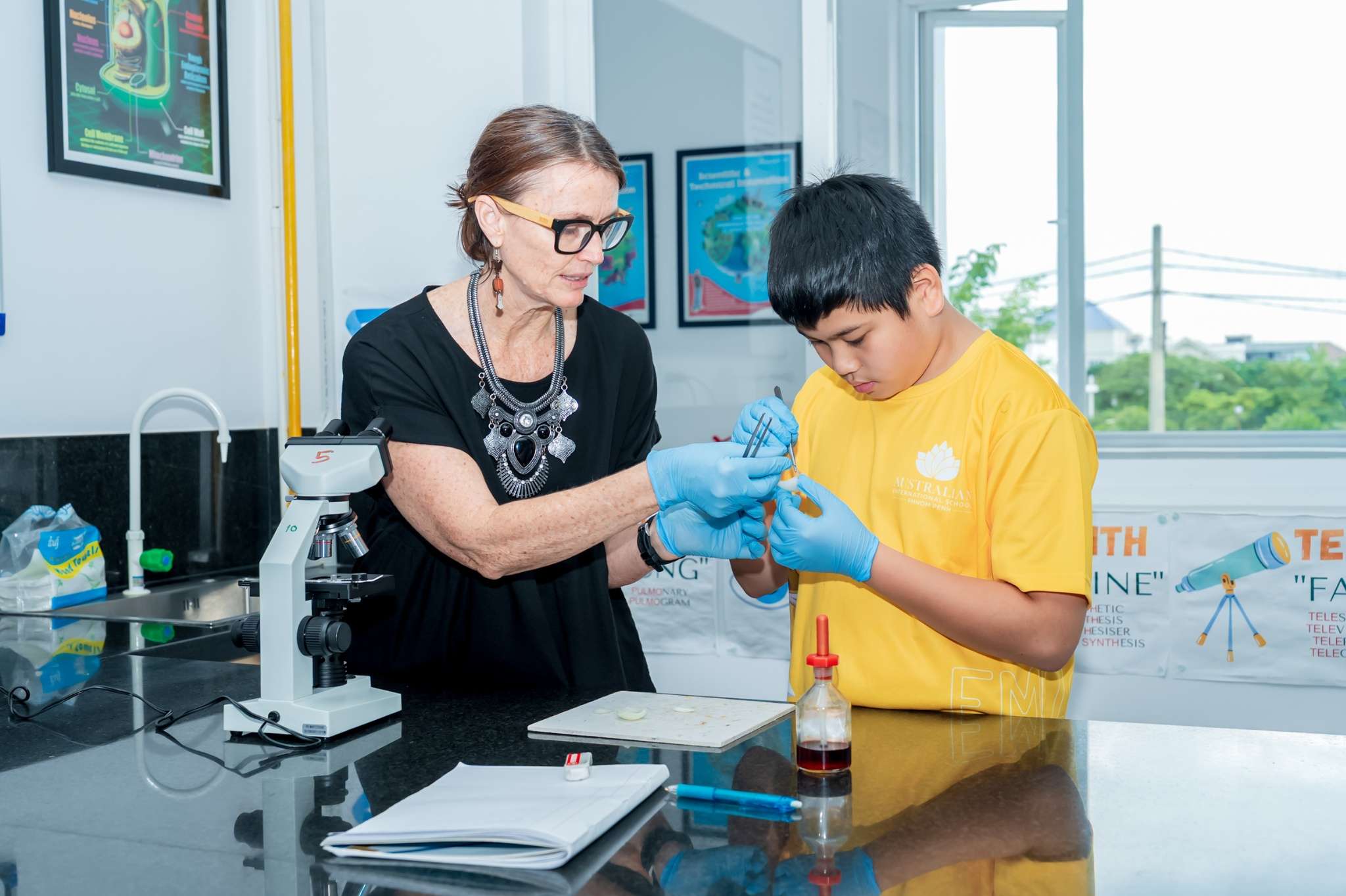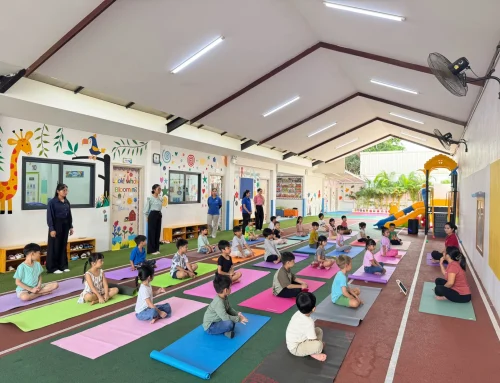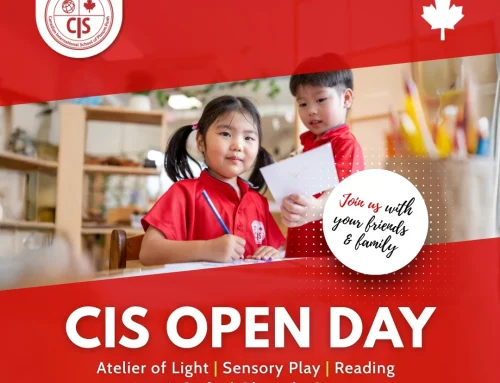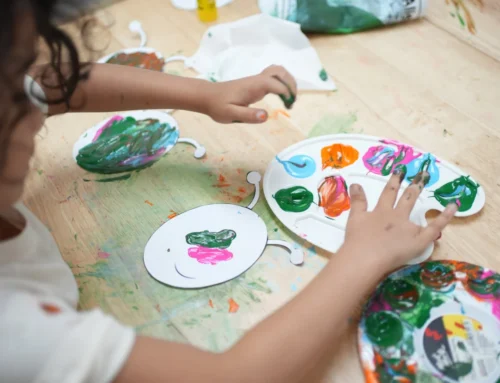Hands-on learning continues to shape meaningful education across Cambodia, and the recent Year 7 Microscopic World activity at Australian International School Phnom Penh (AISPP) is a perfect example of how engaging, practical science education can deepen understanding. This week, AISPP’s MYP2 students took an exciting step beyond classroom theory by exploring plant and animal cells through their own prepared microscope slides. This activity not only expanded their scientific knowledge but also strengthened key inquiry skills essential for modern learners.
A Practical Approach to Cell Biology
The target keyword cell biology activity highlights the heart of the lesson: helping students understand how structure relates to function in living organisms. Many students read about cell walls, nuclei, and membranes in textbooks, but seeing these structures firsthand makes learning far more impactful. AISPP students collected cheek cells, prepared onion samples, and observed their slides through microscopes—turning abstract biological concepts into something real and observable.
Through this cell biology activity, students strengthened their understanding of the differences between plant and animal cells. They identified rigid plant cell walls, compared them with the flexible membranes of animal cells, and spotted cell nuclei in both samples. These observations reinforced why cellular structure matters and how it supports life in diverse forms.
Connecting Theory With Real-World Practice
One of the strengths of AISPP’s approach is its focus on experiential learning. By preparing their own specimens, students took responsibility for the scientific process—collecting samples, handling equipment safely, adjusting the microscope, and recording observations. This type of hands-on engagement builds curiosity and confidence, encouraging students to explore further and ask deeper questions.
This cell biology activity also connected strongly with the MYP science curriculum, which emphasizes inquiry, investigation, and conceptual understanding. Instead of passively receiving information, students actively constructed knowledge, making the lesson both memorable and meaningful.
Encouraging Scientific Thinking in Middle School
Middle school is a critical time for nurturing scientific interest. Practical experiences like this help students understand that science is not limited to textbooks—it’s something they can do, test, and explore. AISPP’s practical investigation allowed students to behave like young scientists: forming hypotheses, experimenting, analyzing results, and making comparisons between classroom content and real-world samples.
These skills—observation, critical thinking, and comparison—form the foundation of strong scientific literacy. They support students in future studies not only in biology but across STEM subjects.
Building Lifelong Curiosity Through Hands-On Learning
A well-designed cell biology activity does more than teach cells; it builds curiosity. Students left the AISPP laboratory excited about what they discovered, discussing the structures they saw and relating their observations back to previous lessons. This makes learning enjoyable, and in turn, strengthens retention and understanding.
More importantly, practical science helps young learners appreciate how living things function. By exploring plant and animal cells directly, AISPP students gained a deeper respect for the complexity of life—something difficult to capture through theory alone.
Supporting Quality Education in Cambodia
Activities like AISPP’s investigation demonstrate the importance of high-quality science programs in international and local schools across Cambodia. When students are offered interactive, inquiry-based lessons, their understanding grows, and their interest in science is sustained. This contributes to long-term academic success and supports the development of future professionals in scientific fields.
If the information about AISPP shared here is incomplete or requires adjustments, please Contact us.
Do you want to register your school on EducationCambodia.org? Click Here.







